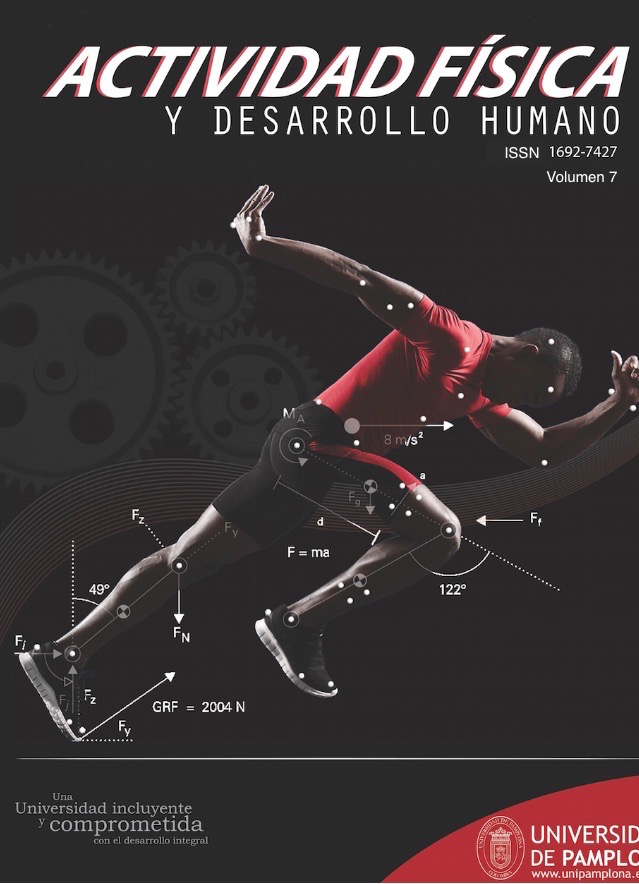Evolucion de las teorias cognitivas y sus aportes a la educación
DOI:
https://doi.org/10.24054/afdh.v7i1.1637Palabras clave:
teorías, aprendizaje, enseñanza, inteligencia, neurocienciaResumen
Las Teorías Cognitivas determinan que los diferentes procesos del aprendizaje pueden ser explicados, por medio del análisis de los procesos mentales, los intervinientes del medio ambiente y las posturas actitudinales de docentes y estudiantes. Presupone que, por medio de procesos cognitivos efectivos, el aprendizaje resulta más fácil y la nueva información puede ser almacenada en la memoria por mucho tiempo. Por el contrario, los procesos cognitivos ineficaces producen dificultades en el aprendizaje que pueden ser observadas a lo largo de la vida de un individuo. Pareciese que el estudio del proceso enseñanza – aprendizaje atañe exclusivamente a los pedagogos; pero hoy la gran variedad de investigaciones desmiente tal apreciación y afirman que se debe involucrar toda persona que ejerce la docencia; independiente de su profesión; su conocimiento en el desarrollo de la cognición y cómo se aprende, se verá reflejado en su quehacer docente y por ende en la calidad de sus estudiantes. Como respaldo a la anterior premisa, se realizó una revisión de los postulados de Tolman, Gestalt, Piaget, Ausubel, Bruner, Vygotsky, Feuerstein, Gagné, Goleman, Gardner y la Neurociencia, de donde se derivaron los aportes a la educación actual de cada uno de ellos.
Descargas
Referencias
Ausubel, D. P. (1976). Psicología educativa. Un punto de vista cognoscitivo. México: Trillas.
Bruner, J. (1986). Realidad mental y mundos posibles. Los actos de la imaginación que dan sentido a la experiencia. Barcelona: Gedisa.
Camargo, A. Hederich, C. (2010, Octubre). Jerome Bruner: dos Teorías Cognitivas, dos Formas de Significar, dos Enfoques para la Enseñanza de la Ciencia. Revista Psicogente.
Feuerstein, R. (1980). Learning Potential Assesment Device. Glenview. Illinois: Scott. Foresman and Company.
García, E. (2001). Piaget: la formación de la inteligencia.
Gagné, R. M. (1993). Diseño de la enseñanza para un aprendizaje eficaz. México: McGraw-Hill Interamericana.
Gardner, H. (2005). Inteligencias Múltiples: la teoría en la práctica. [Versión electrónica]. Editorial Paidos.
Goleman, D. (1996). Inteligencia Emocional. Barcelona: Kairos
Jessel, T., Kandel, E. & Schwartz, J. (1997). Neurociencia y conducta. Madrid: Prentice Hall.
Mayer, R. (1985). El futuro de la psicología cognitiva. Madrid: Alianza
Ormrod, J.E. (2008). Aprendizaje humano.
Madrid: Pearson Educación SA.
Pedraja, M.J. (2001, Noviembre). El conductismo de Edward C. Tolman: Un cordero con piel de lobo. Revista de Historia de la Psicología., Vol. 22.
Piaget, J. (1979). Tratado de lógica y conocimiento científico. Naturaleza y métodos de la epistemología. Buenos Aires: Paidós.
Pozo, J.I. (2006). Teorías cognitivas del aprendizaje. [Versión electrónica]. Ediciones Morata.
Rodríguez, M. (2010). Teoría del aprendizaje significativo en la perspectiva de la psicología cognitiva. [Versión electrónica]. Editorial Octaedro.
Salas R. (2003, Julio). La educación necesita realmente de la neurociencia? Estudios Pedagógicos. Revistas Científicas de América Latina y el Caribe, España y Portugal, 29.
Vygotsky, L.S. (1979). El desarrollo de los procesos psicológicos superiores. Buenos Aires: Grijalbo
Descargas
Publicado
Número
Sección
Licencia
Derechos de autor 2022 ACTIVIDAD FÍSICA Y DESARROLLO HUMANO

Esta obra está bajo una licencia internacional Creative Commons Atribución-NoComercial-SinDerivadas 4.0.











